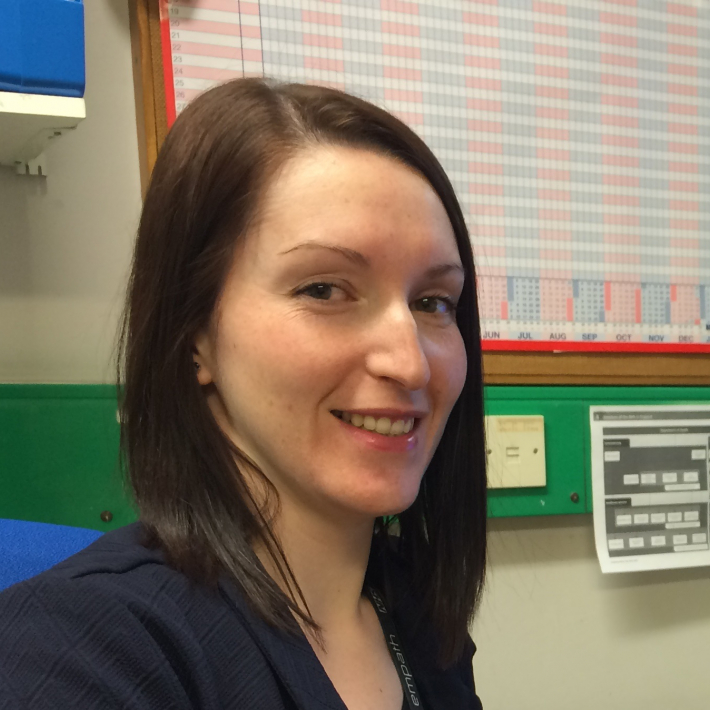My day-to-day work is variable; I am involved in developing diagnostic services in molecular microbiology, which means I look for the new technologies that are becoming available to help diagnose infection. I also have to review recently published literature on the topic.
Diagnostic microbiology laboratories play an important public health role because they have a legal responsibility to provide epidemiological data (that is, data about the incidence, distribution and control of diseases) to strategic decision makers in public health. I use my technical skills in the identification of infections in the community, their frequency in occurrence and trends.
Most people don’t recognise the contribution healthcare scientists make to decisions about the best tests and procedures to use when diagnosing illness, but the healthcare science profession is involved in 80% of all clinical decisions in the NHS. An example of this is the part I play in developing new tests to be able to inform Public Health England (PHE) of the current epidemiology of infectious diseases so that decisions can be made, for example about which vaccines are offered to whom and the best vaccination schedule to protect the public.
I’m keen to teach others so I supervise both students on the Healthcare Scientist Training Programme and MSc students who are undertaking research projects. I am also involved in the Science, Technology, Engineering or Maths (STEM) outreach projects in schools as well as participating in the national Big Bang Science Fair to encourage the next generation of scientists. It’s good to work as part of a team. My colleagues at the Queen’s Medical Centre include other clinical scientists, biomedical scientists, medical colleagues and academics as well as PHE staff.
Although I’m mainly based in the laboratory and office, I have opportunities to travel to conferences and to visit other laboratories. As part of the public health module of my scientist training I spent three months on rotation at PHE’s Centre for Infectious Disease Surveillance and Control (CIDSC) in Colindale, at PHE Porton Down (a specialist testing laboratory which has experts who work on rare infectious diseases including anthrax and Ebola) and at the local public health protection unit and regional epidemiology centre.

